Are you upset about the sudden discoloration of your private areas? Do you think of natural ways to whiten the skin surrounding your vagina instead of chemical-loaded toning creams? Give yourself no stress again because this blog will explain how to whiten your intimate areas naturally.
The private areas of the body are sensitive, and they need special care and attention to groom them. The peace you enjoy with your beautiful body begins with how you take care of your intimate areas. These areas are undoubtedly hidden, but they can embarrass you publicly if you fail to pay attention to their needs. One of these needs is to get rid of the emergence of dark skin around the private parts, which emanates from the excess release of melanin pigmentation (melanocytes) on the skin.[1] Though this dark condition is benign, it can occur due to bad eating habits, hormonal factors, tight wear, wrong ways of removing hair, skin infections, old age, or hereditary. However, using bleaching products to get rid of this dark skin around your labia or vulva may cause a lot of harmful occurrences for your skin. You should avoid such dangerous methods and apply any of these natural ways of whitening your private parts:
1. Organic Ingredients
The quickest way to whiten your intimate area is to use natural ingredients to lighten it up. Natural ingredients help to get rid of and reduce the occurrence of dark spots on your vulva without any side effects. Here are some of these natural ingredients:
Aloe Vera:
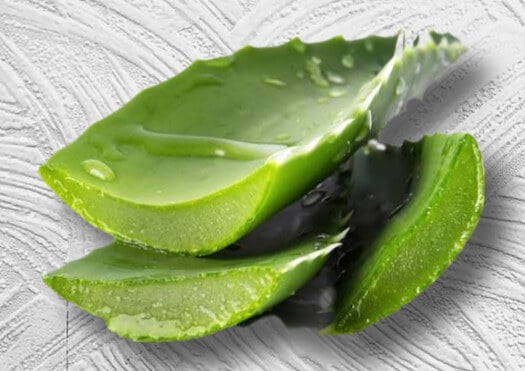
One of the natural remedies you should use in lightening up the dark skin around your vulva is the aloe vera gel. According to numerous researchers, aloe vera contains aloin, an active lightening ingredient suitable for skin glowing and healing.[2] It has
vitamins A, B, C, and E
which nourish the body system. You can rub its gel gently on the affected area or mix it with cucumber for quicker removal of hyperpigmentation on your skin. To use it:
- Puree one cucumber with two tablespoons of aloe vera gel and massage it gently on your skin.
- Remove it after it has stayed on your skin for 15 to 20 minutes.
- Follow this routine for a week and see the magic.
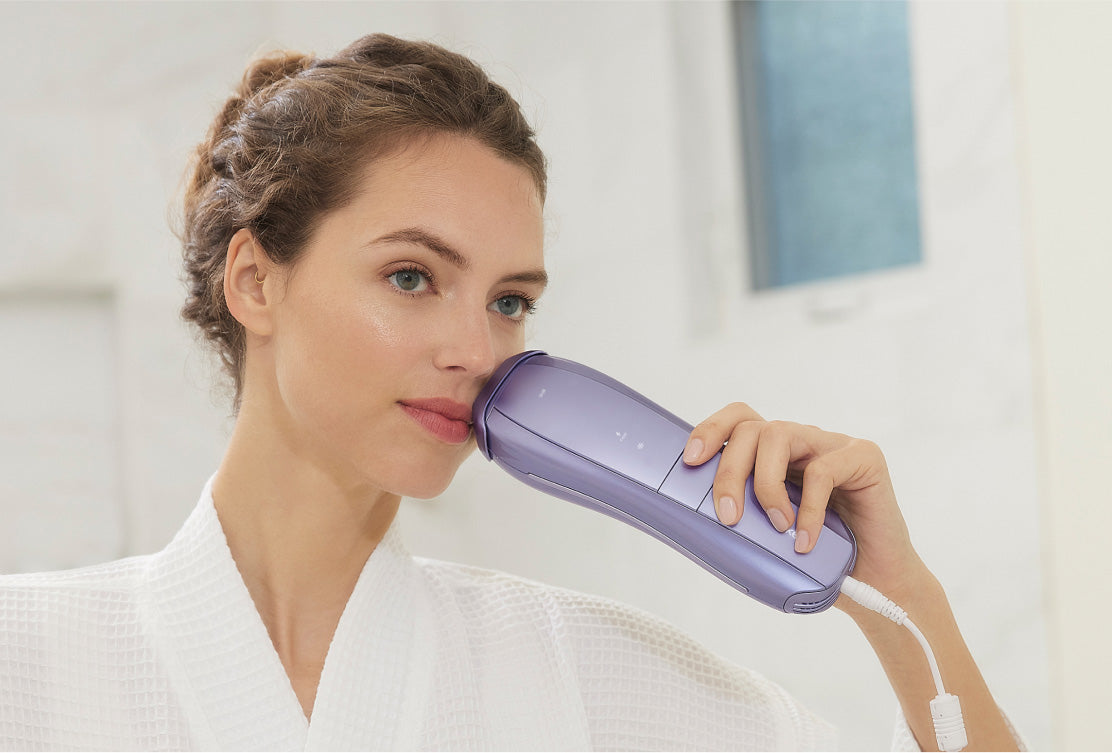
Potatoes:
Potatoes are rich in nutrients like vitamins, amino acids, carbohydrates, proteins, and other nutritional values that are good for the body. Research also validates that potatoes have whitening properties that are effective on the skin.[3] It can also lighten scars related to pimples and acne, correct discoloration, and eliminate pigmentation in the private parts.
To use a potato for whitening:
- Cut it and place it in the dark area. You can also grate it into a puree.
- Apply and massage it gently for a few seconds.
- Rinse it off with water after it dries up on your skin.
Turmeric:
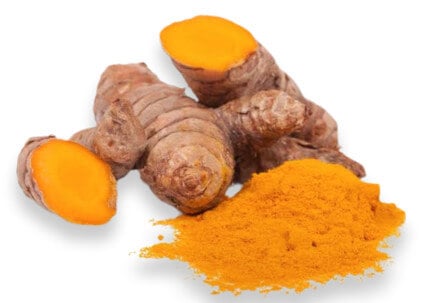
This natural whitening remedy is one of the super active ingredients for grooming your private parts. It contains antiseptic and exfoliating properties that can eliminate hyperpigmented spots around your initial areas faster, smoother, and more appealing to the eyes without any side effects.[4] In addition, it also prevents stubborn ingrown hairs, aging, acne scars, and skin infections from the body.
To use turmeric effectively:
- Grind it to a powder and mix it with milk cream.
- Massage a paste of this tumeric concussion on the target area and allow it for 15 minutes before rinsing it with lukewarm water.
- Ensure it doesn’t penetrate your inner lips and vagina.
Plant-based oils:
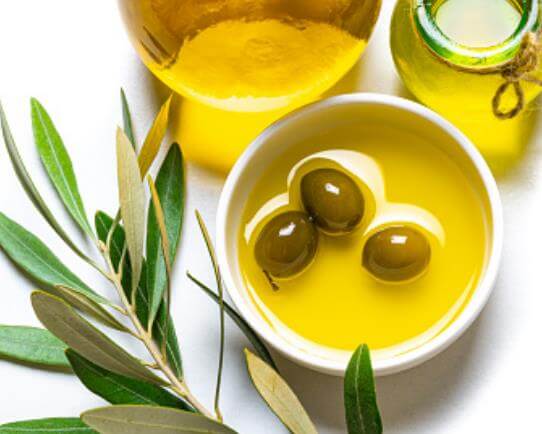
Coconut and olive oil are plant-based oils that you can use to whiten your private part without any side effects naturally. These natural ingredients contain antioxidant and anti-inflammatory properties that help remove the hyperpigmented spots from the skin. In addition, using olive oil consistently for a few weeks can soften and erase the wrinkles on your skin. When applying on the surface of the vulva, avoid its penetration into the inner lips and virginal.
Yogurt:
Using yogurt for grooming intimate areas has been in use for a long time. Most women find it comfortable using it because of the good bacteria it contains. Its benefits are controlling the pH balance, preventing itching, and keeping the vagina dry. In addition, yogurt is rich in vitamin B12, which helps lighten the skin around your intimate areas. For quick effectiveness, massage the target area with yogurt for 5-7 minutes and leave it for 15 minutes before you rinse it with lukewarm water. Do not apply on the inner lips and the vagina to avoid irritation.
Papaya:
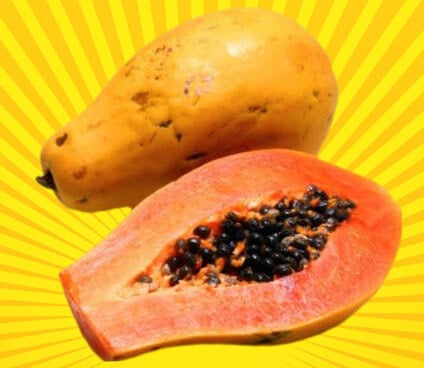
Pawpaw, as a fruit, contains alpha-hydroxy acids and pain enzymes that enhance the glowing of the skin. It also contains vitamins A and C, which also benefit the skin. Take a part of this ripe fruit and rub it directly on the targeted private area. Leave it for 15 minutes before you rinse it with lukewarm water. The result will not only whiten the intimate areas but also smoothen it.[5]
Lemon:
Lemons are natural whitening ingredients perfect for the private parts of the body. They are rich in vitamin C, which helps treat discoloration and aging. For proper usage, squeeze the juice into ¼ cup of water and rub it on the target area. Leave it for 10 to 15 minutes before rinsing it with lukewarm water.
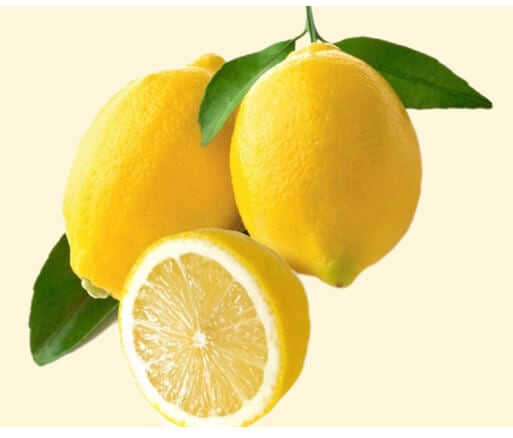 You can also mix lemon juice with coconut oil and apply it to the hyperpigmented area for a more effective outcome. In addition, you can get more
You can also mix lemon juice with coconut oil and apply it to the hyperpigmented area for a more effective outcome. In addition, you can get more
benefits from lemon juice
apart from using it for whitening. Do not place it on an open cut or infected skin or allow it to enter your vagina.
Milk:
Milk contains lactic acid that can also help treat the dark skin around your intimate areas. Simply dip a neat cotton ball into your organic milk and rub it on the target area for 2-3 minutes. After that, leave it for 15 minutes before you wash it with lukewarm water. You can also mix it with lemon juice and a tablespoon of honey for more effectiveness. Only ensure you avoid having contact with the vagina.
2. Healthy lifestyle

As discussed earlier, bad eating habit is one of the reasons for having hyperpigmented skin around the intimate areas of the body. Correcting this poor diet will go a long way in lightening the private part of the body and making it smooth. Therefore, you should avoid unhealthy lifestyles and poor habits of eating. Instead, include vegetables, carotenoids, fruits, fibers, omega fatty acids, and drinks high in vitamins and nutrients in your diet.[6] The outcome of this healthy living will help lighten dark, intimate areas naturally, prevent skin infection, and balance your body’s pH levels.
In addition, sleep well, take balanced diets, and avoid
excess calorie consumption
to help your hormones balance and prevent dark skin from occurring. If this advice is not considered, your estrogen can increase rapidly and cause sudden dark skin around the private parts.
3. Comfortable Clothes and Undies
Taking proper care of the private parts, like putting on comfortable undies, has a lot of benefits. Wearing ill-fitting clothes or tight undies can cause much harm apart from melanin pigmentation in your intimate area. It can result in friction, skin irritation, and moisture in the private part as well. Also, know that constant friction is one of the major causes of pigmented skin around the private parts. Friction occurs when the inner thighs are rubbed together frequently, and as a result of that, it produces keratinocytes which prevent the skin from damaging. This situation will make the skin dark around the intimate areas. Therefore, you should put on loose-fit cotton materials that are light and airy. In addition, avoid any exercise or activity that may cause friction and moisture. Leverage cotton undies because they will not allow moisture that will cause skin pigmentation or irritation. They will keep the skin around the private parts smooth and lightened.
Additionally, avoid putting on dirty clothes and undies that can cause skin infection or friction around your intimate parts. Ensure you shower and change your clothes after a workout or rigorous activity that brings out sweat.
4. Proper Pubic Hair Removal

One of the safest ways to ensure the private part skin maintains its light skin for a long duration is by using the proper recommended hair removal. Some pubic hair removal methods like shaving and waxing may be responsible for the sudden occurrence of dark skin around your private parts. Being cautious about how you remove hair from the pubic area can save you from the dark skin phenomenon. You should avoid applying chemical-based products after
waxing or plucking else, you may experience hyperpigmentation
around your vulva. Therefore, use intense pulsed light (IPL) hair removal to remove the pubic hair because it will also prevent ingrown hair, irritation, and dark skin.
Conclusion
In a nutshell, you may have dark skin in your private parts for many reasons. This does not call for panicking but you need to know the cause of this condition. There are many reasons for this occurrence such as bad eating habits, poor lifestyle, aging, hormonal issues, and other skin conditions. Overall, it is advisable to stay and live healthy. A healthy lifestyle with a balanced diet will prevent the occurrence of discoloration down there.
References
[1] Carotenoids: Everything You Need to Know by Debra Rose Wilson, Ph.D., MSN, R.N., IBCLC, AHN-BC, CHT — By Kiara Anthon https://www.healthline.com/health/carotenoids
[2] Skin-lightening agents: New chemical and plant extracts -ongoing search for the holy grail! By Garehatty Rudrappa Kanthraj https://ijdvl.com/skin-lightening-agents-new-chemical-and-plant-extracts-ongoing-search-for-the-holy-grail/
[3] Potato (Aloo): Uses, Benefits, Side Effects and More! By Dr Smita Barode https://pharmeasy.in/blog/ayurveda-uses-benefits-side-effects-of-potato/
[4] xanthorrhiza Roxb.): Ethnobotany, Phytochemistry, Biotechnology, and Pharmacological Activities by Endang Rahmat et al. https://www.hindawi.com/journals/ecam/2021/9960813/
[5] This is the dermatologist’s guide to smooth skin using only kitchen ingredients by Dr. Priyanka Reddy https://www.healthshots.com/beauty/natural-cures/how-to-get-smooth-skin-according-to-a-dermatologist/
[6] The effect of Vitamin C on melanin pigmentation – A systematic review by Rizwan M Sanadi et al. https://www.ncbi.nlm.nih.gov/pmc/articles/PMC7802860/

 By myulikeadmin
By myulikeadmin



